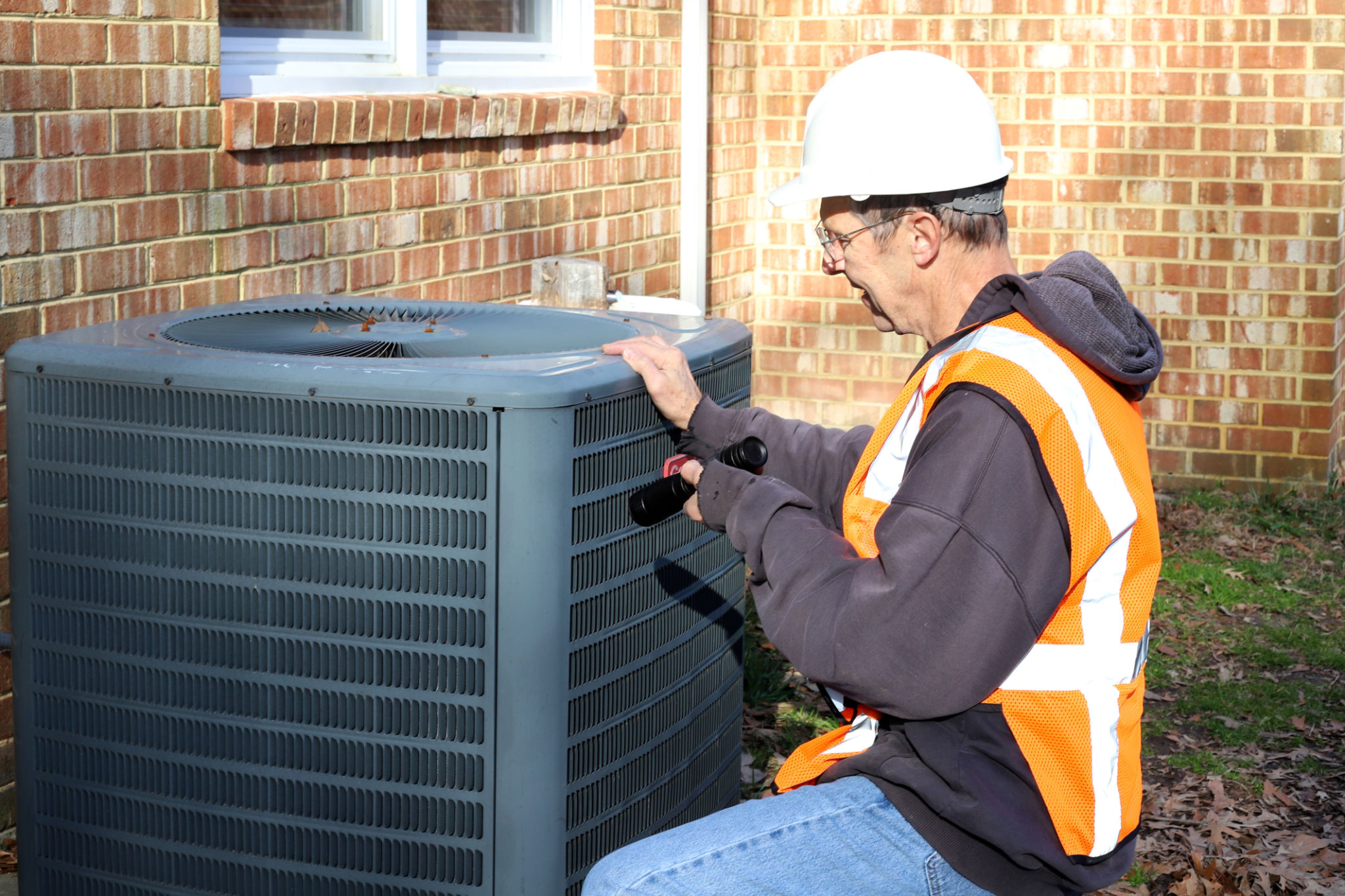Energy-Efficient HVAC Systems: A Smart Investment for Phoenix Businesses
RA
The Importance of Energy Efficiency for Phoenix Businesses
In the heart of the Sonoran Desert, Phoenix businesses face unique challenges when it comes to maintaining a comfortable environment for employees and customers. With summer temperatures soaring above 100°F, air conditioning is not just a luxury but a necessity. However, traditional HVAC systems can be energy-intensive and costly to operate. Investing in energy-efficient HVAC systems can significantly reduce these costs while also contributing to environmental sustainability.
Energy-efficient HVAC systems employ advanced technologies to minimize energy consumption without compromising on performance. For businesses in Phoenix, this means maintaining a cool and comfortable atmosphere while reducing utility bills and lowering their carbon footprint. The long-term financial and environmental benefits make these systems a smart investment.

Technological Advancements in HVAC Systems
Modern HVAC systems incorporate a range of technological advancements designed to enhance efficiency. Features such as variable speed motors, smart thermostats, and advanced air filtration systems work together to optimize performance. Variable speed motors adjust the system’s output to match the current demand, reducing energy waste.
Smart thermostats allow businesses to program their HVAC systems according to their operational schedule, ensuring that energy is not wasted during off-hours. Additionally, advanced air filtration systems improve indoor air quality, promoting a healthier work environment for employees and customers alike.

Financial Benefits of Energy-Efficient HVAC Systems
While the initial cost of installing an energy-efficient HVAC system may be higher than traditional models, the financial benefits over time can be substantial. Businesses can expect to see a reduction in energy bills by up to 30%, depending on the system and usage patterns. Additionally, many local and federal incentives exist to encourage businesses to adopt energy-efficient technologies.
These incentives can include tax credits, rebates, and grants that help offset the upfront costs of installation. By reducing operational expenses and taking advantage of available incentives, businesses can improve their bottom line while investing in sustainable practices.

Environmental Impact and Corporate Responsibility
Beyond the financial savings, energy-efficient HVAC systems contribute to a business's corporate social responsibility goals. By reducing energy consumption, businesses can decrease their carbon footprint, playing a vital role in environmental preservation. This commitment to sustainability is increasingly important to consumers and can enhance a company's brand reputation.
Implementing energy-efficient solutions demonstrates a company’s dedication to responsible environmental stewardship. This can be a powerful differentiator in competitive markets, attracting eco-conscious customers and partners.
Choosing the Right System for Your Business
Selecting the right energy-efficient HVAC system requires careful consideration of several factors. Businesses should evaluate their specific needs, including building size, occupancy patterns, and existing infrastructure. Consulting with a professional HVAC contractor can help identify the most suitable options and ensure proper installation for maximum efficiency.
A tailored approach ensures that businesses not only achieve optimal performance but also maximize their return on investment. Regular maintenance and timely upgrades further enhance system longevity and efficiency, protecting the business's investment over time.

Conclusion: A Strategic Move for Phoenix Businesses
Investing in energy-efficient HVAC systems is more than just a financial decision; it's a strategic move that aligns with broader business goals. For Phoenix businesses facing extreme weather conditions, optimizing energy use is crucial for maintaining comfort and operational efficiency.
By embracing these advanced systems, businesses not only enhance their operational efficiency but also contribute positively to environmental sustainability. As more companies prioritize sustainability, energy-efficient HVAC systems offer a competitive edge, positioning businesses as leaders in both innovation and responsibility.
